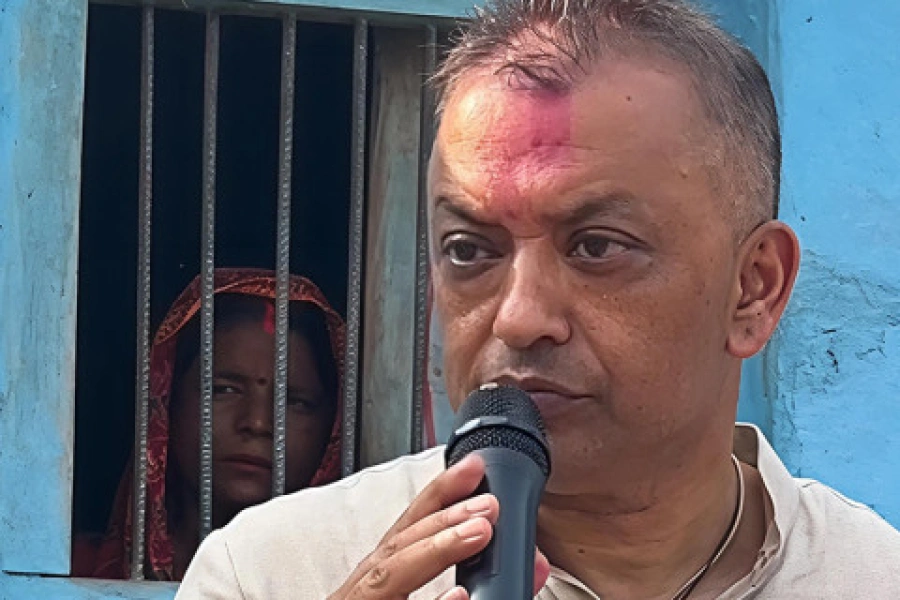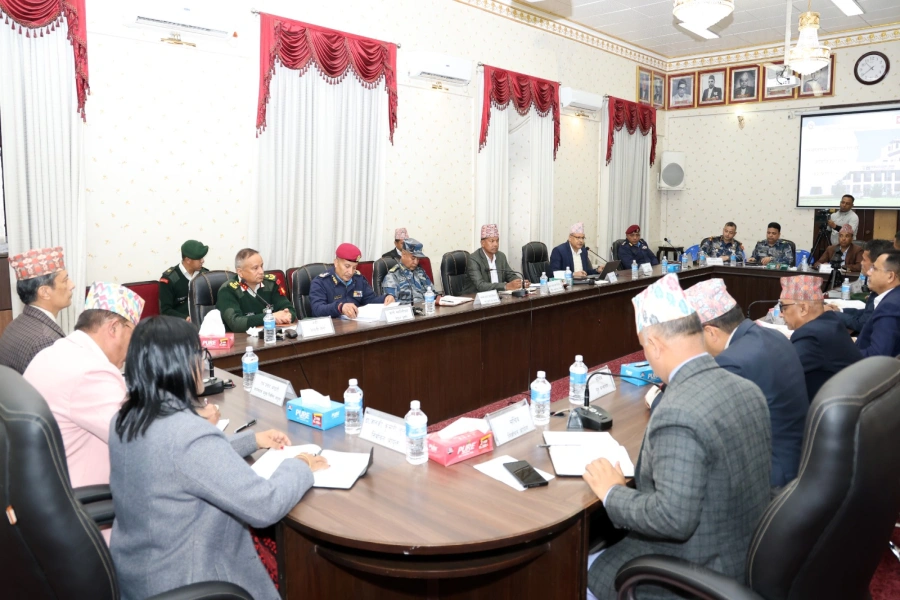KATHMANDU, Sept 1: New laws are needed to overhaul the education system and bring changes in quality of education, says lawmaker Umesh Shrestha, who is also a member of the Education Committee of the Legislature-Parliament.
The President's Office approved the eighth amendment to the Education Act 1972 as per Article 113 (2) of the Constitution of Nepal 2073 about two months ago after the related bill was endorsed by the parliament.
The amended act has categorized school level education into basic/elementary level (grades one to eight) and secondary level (grades nine to 12) instead of primary (grades one to five), lower-secondary (grades six to eight), secondary (grades nine to 10) and higher secondary (grades 11 to 12) levels.
The amended act provisions two categories of private schools - new ones under trusts and old ones under company. Other provisions in the act are free education up to 12th grade and evaluation and promotion of teachers on the basis of school results, according to the Ministry of Education (MoE). It also scrapped the Higher Secondary Education Board, integrated Plus Two level into school level education and sorted out decades-long problem of temporary teachers.
The new act also envisions formation of National Education Council, National Examination Board (NEB) and Education Review Office.
“Despite affirmative changes in the law, this kind of shallow amendment in the education act does not ensure better education system and quality of education as per the need of the present era,” Shrestha, told Republica.
“In a bid to overhaul the education system and bring changes in quality, we must formulate a new policy and bring new education laws in the country as per the federal system,” he added. “National Education Commission, which shall be above the ministry, is the present requirement to promote quality by maintaining educational standard and discourage politicization in the education sector. If we fail to do so, we will lie far behind.”
Shrestha said that quality of education in government schools should be drastically uplifted. He further said that 20 percent of the total budget of the country should be allocated for the education sector against the present allocation of 11-12 percent. He also stressed on the need to give priority to technical and vocational education for job oriented education.
“Government schools should adopt English medium teaching process, should be equipped with modern technologies, there should be strong reward and punishment system and teacher-student ratio should be managed at 1:30,” he suggested.
The higher education system of the country is less productive and outdated, according to Shrestha.
“We should bring such a policy to make Nepal an educational hub by opening more universities instead of adding affiliated campuses. Tribhuvan University alone has 1050 affiliated campuses. Other regional universities have opened their affiliated campuses in unrelated regions here. What kind of education system are we following?” he wondered.
“We have to go for research and development oriented education system instead of the orthodox one,” said Shreastha.
It needs new law to overhaul education system: Lawmaker Shresth...



























-1200x560-1771928761.webp)










